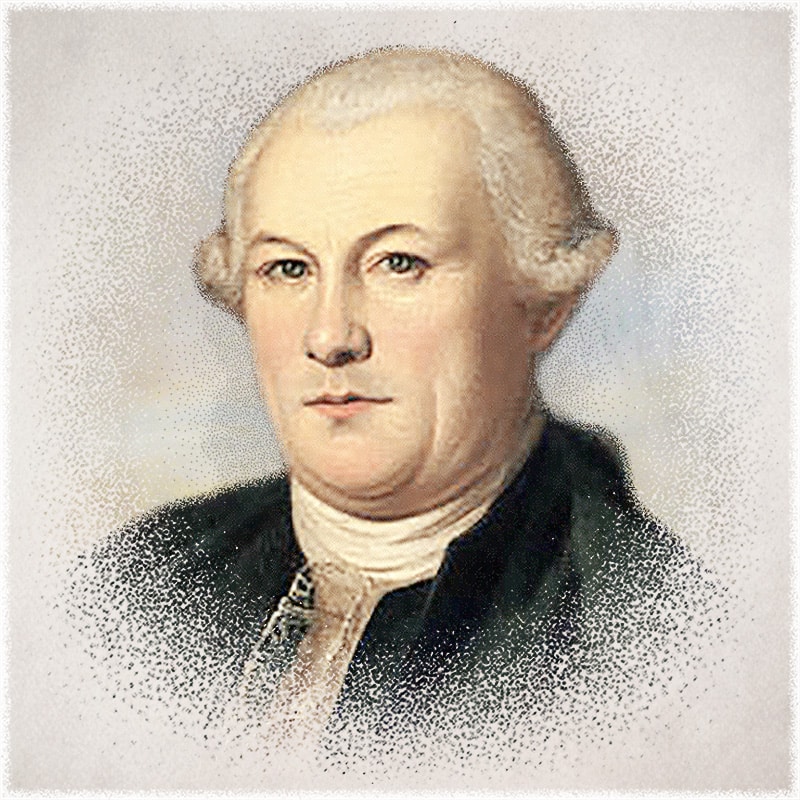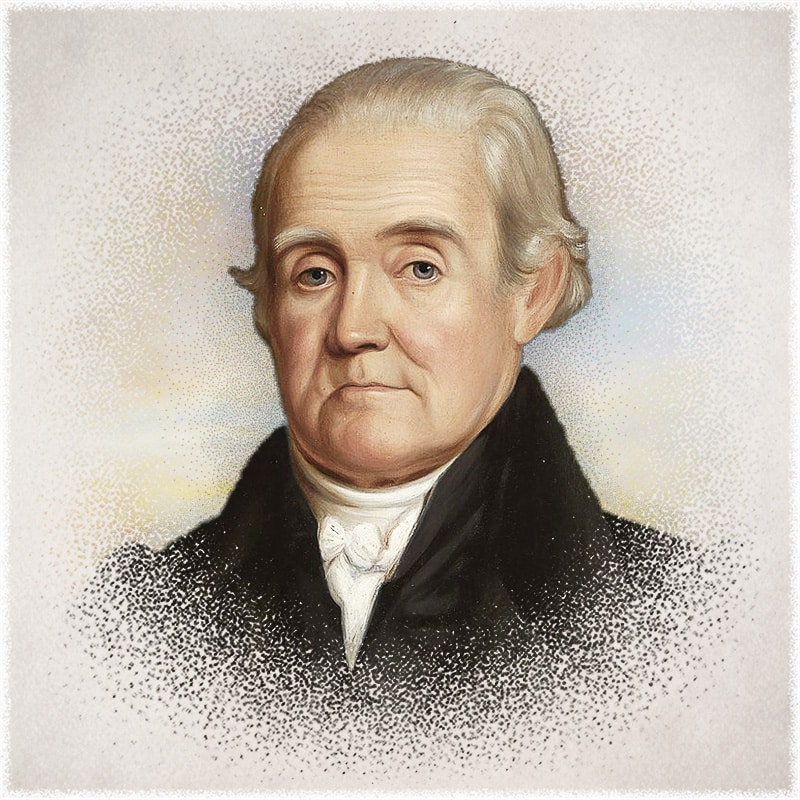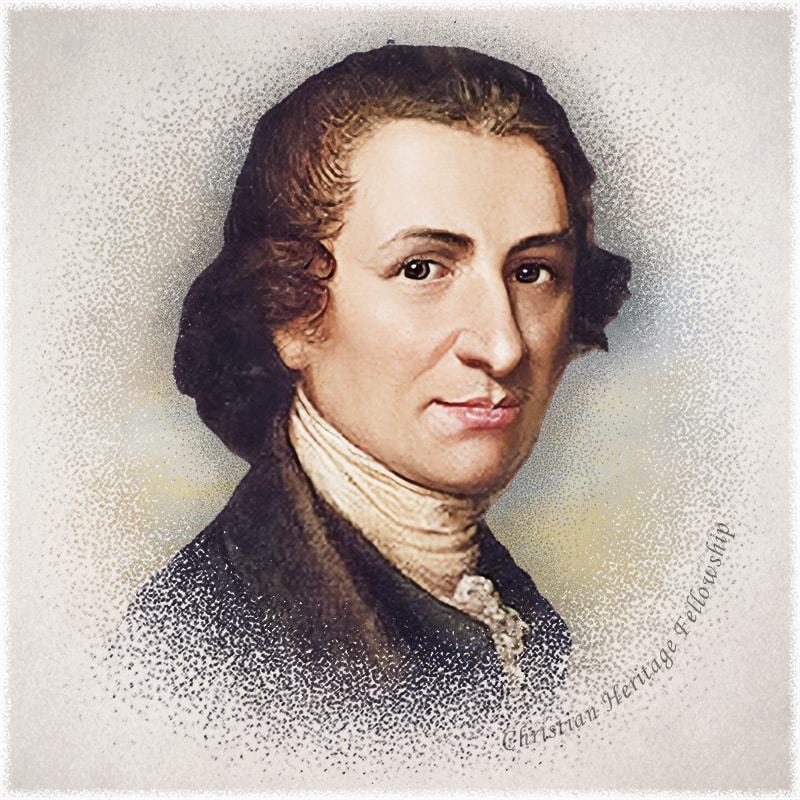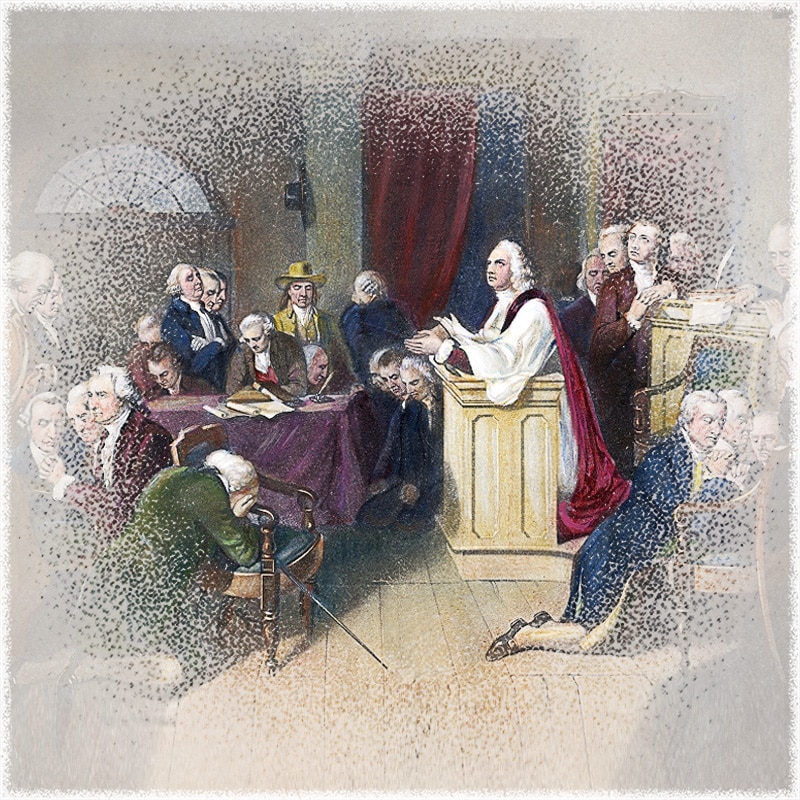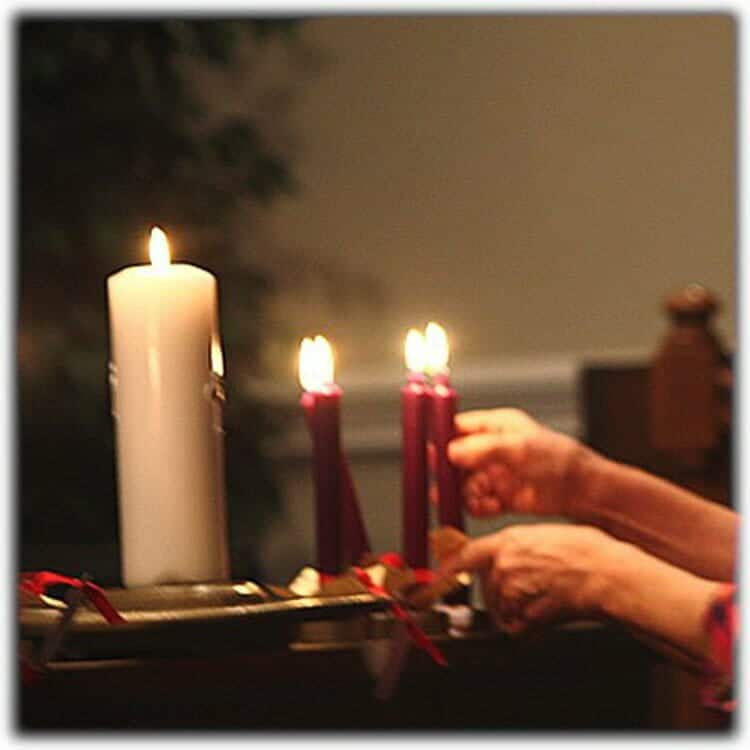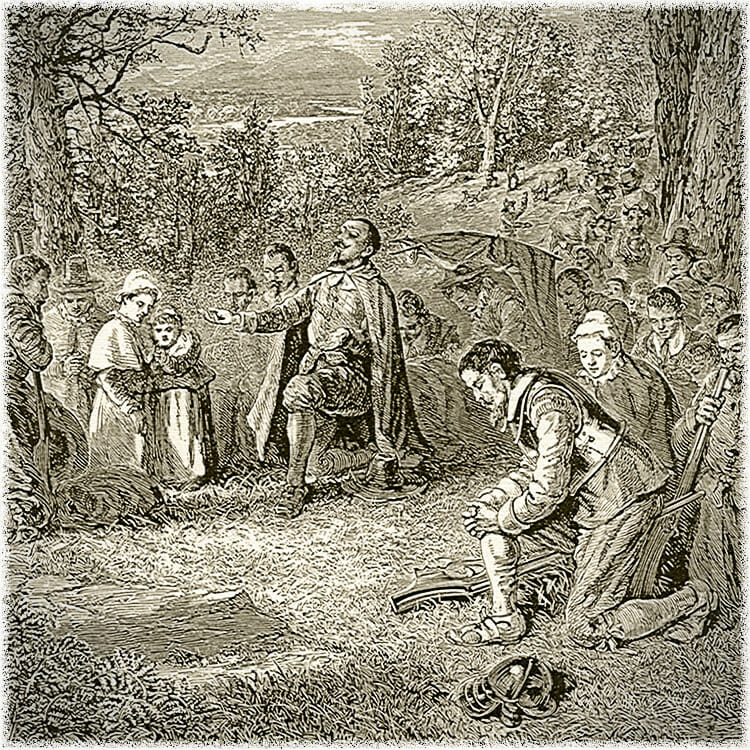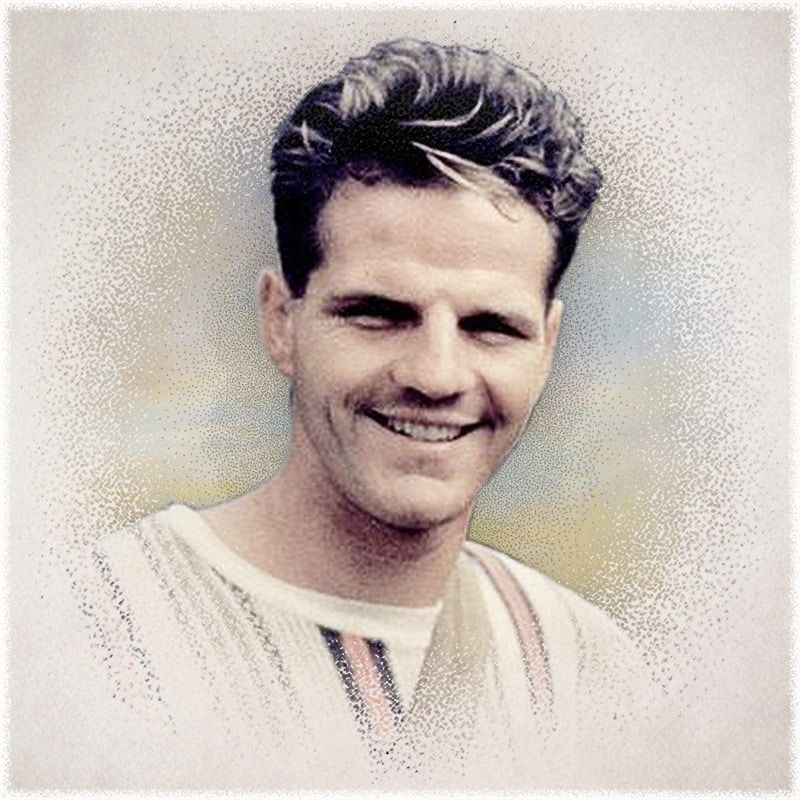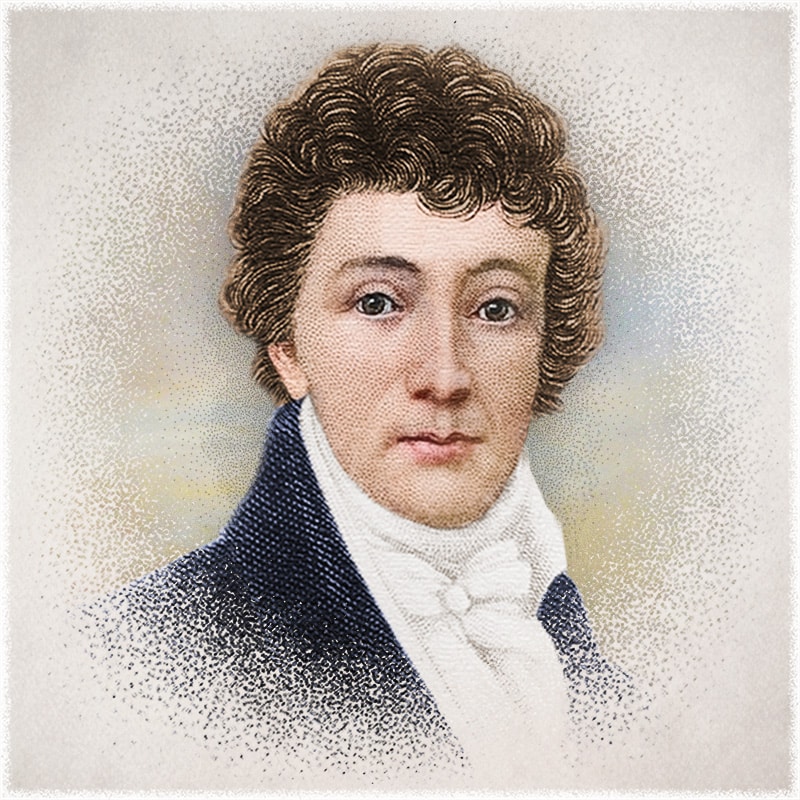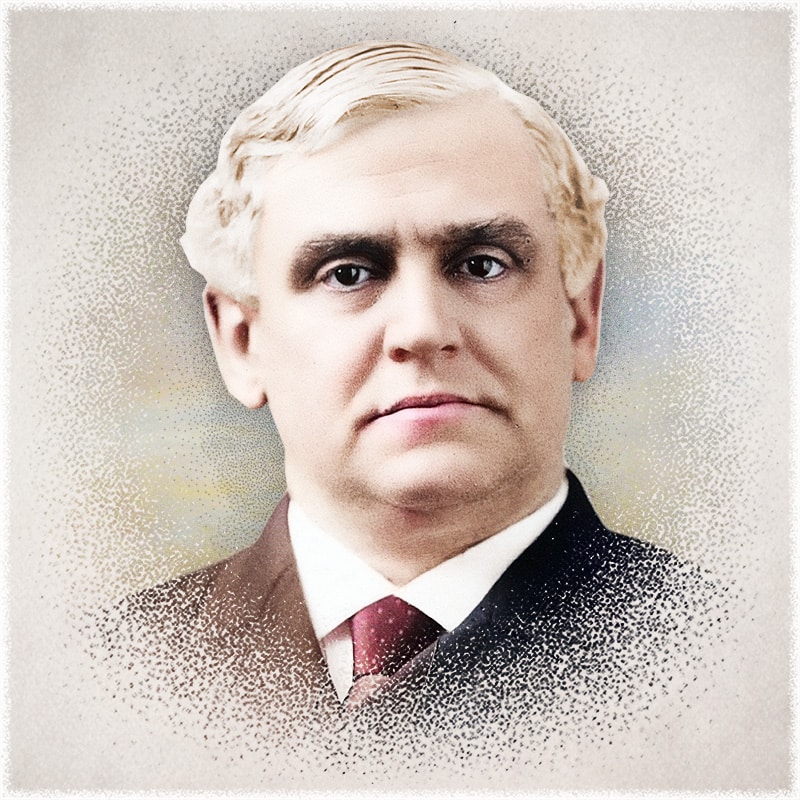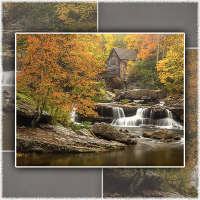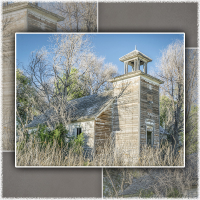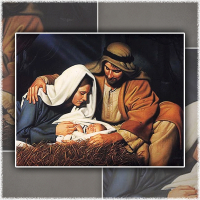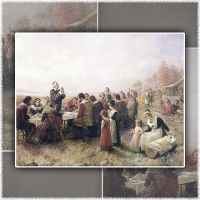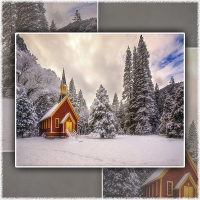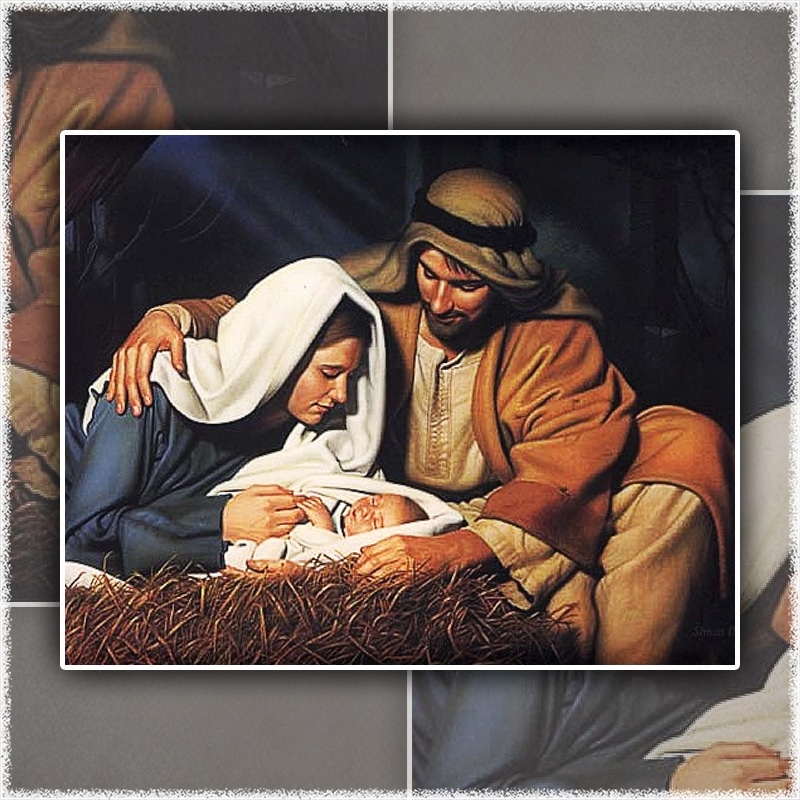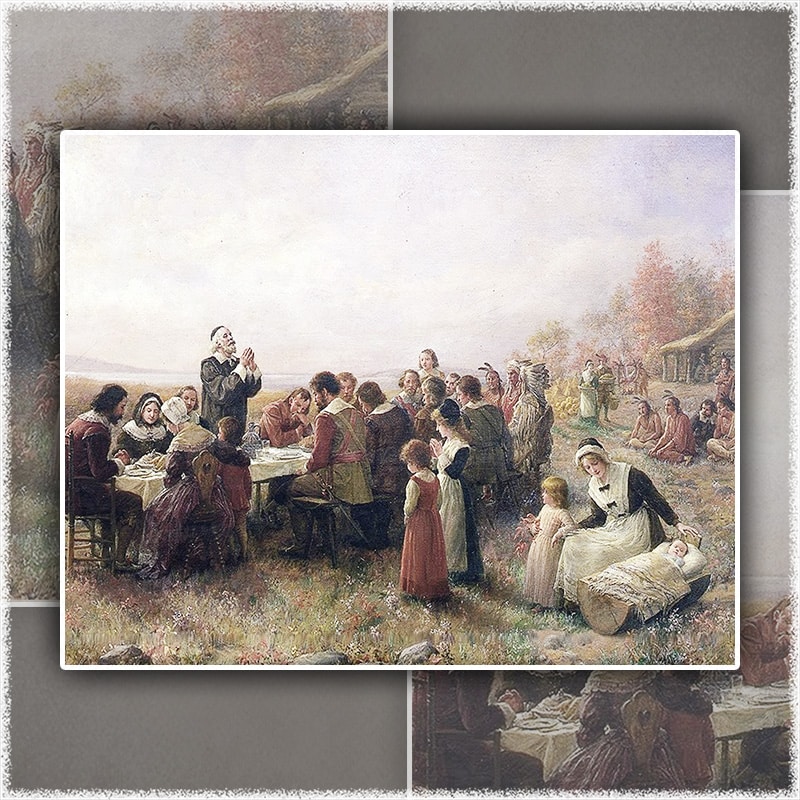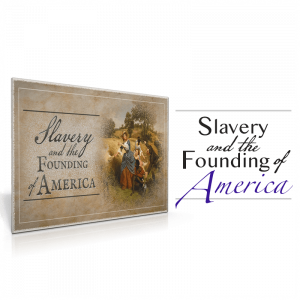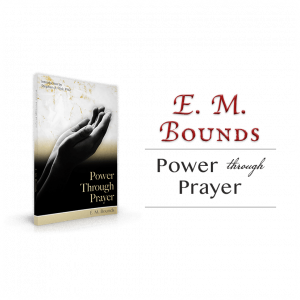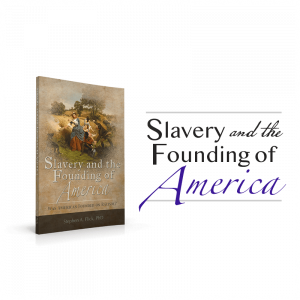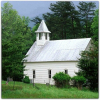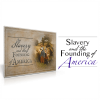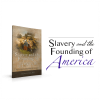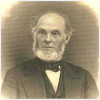Christian Living in January
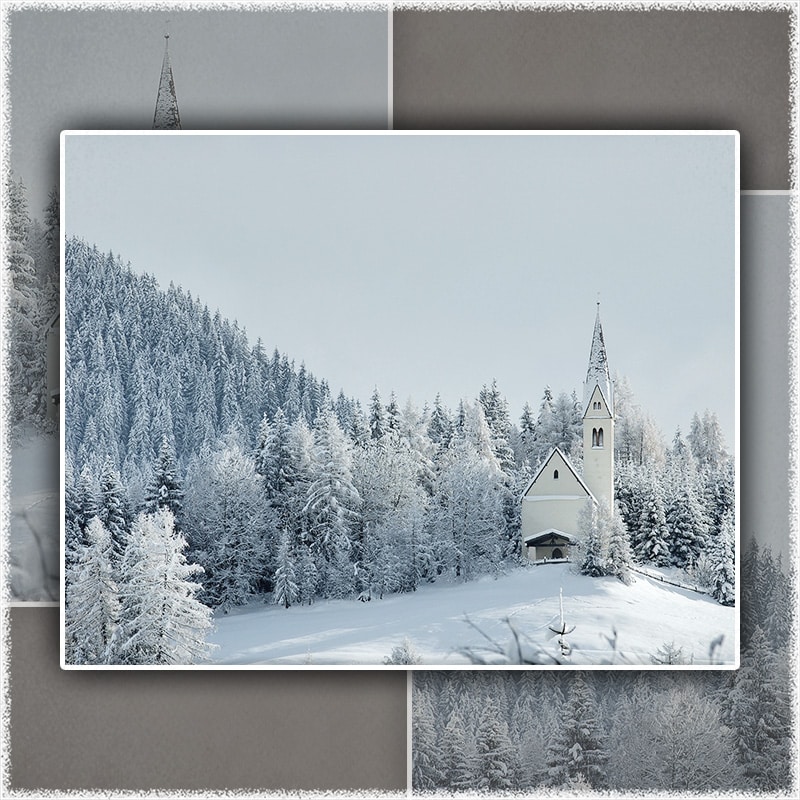
Whereas the end of each year is usually focused upon Thanksgiving, Christmas, and end-of-year activities, January offers a much-appreciated respite from the demands that often accompany these important celebratory events. While most of us are still accountable to the demands of every-day life as the New Year begins, this season of the year may be employed to establish the tone of the entire year. Casting an eye upon the year that is behind us should deepen the resolve of the true follower of Christ to follow more closely to the Master. If other resolutions are all laid aside, the resolve to more earnestly follow Christ must never be. Employing all the means of grace that God provides, let us venture forth to place our footprints upon the unsullied year before us.January
As we enter a new month and new year, we remember that before us are a number of opportunities to deepen our appreciation for the ways God has used the lives of other believers in previous generations. As Christians, we should be growing in the grace that God grants to each of us as well as celebrating what He has already done through the lives of others to bequeath to us a glorious Christian heritage.
Table of Contents
The month of January takes its name from Janus, the mythological Roman god of beginnings and transitions. The original Roman calendar consisted of ten months, but around 713 BC, the semi-mythical King Numa Pompilius is alleged to have added the months of January and February which took into consideration the 354 days of the lunar year. Under the old Roman calendar, March was originally the first month of the year but was displaced by January and February under Numa Pompilius or perhaps under Decemvirs about 450 BC—on the era or date of transition, Roman historians differ.
January is the first month of the year in the Gregorian and Julian calendars and is the first of seven months whose length is thirty-one days. In the Northern Hemisphere, January is the second month of winter and, on average, is the coldest month of the year. In the Southern Hemisphere, January is the second month of summer and is equivalent to July in the Northern Hemisphere.
The birthstone of January is the garnet (which represents constancy), and the birth flower is the Pink Dianthus. The full moon which occurs in January is known as the "Wolf Moon".
The following rhyme is a time-honored attempt to remember the number of days in each month of the year:
April, June, and November
All the rest have thirty-one
Except for February alone
Which has twenty-eight days clear
And twenty-nine in each leap year
In addition to the highlights of this month that are discussed below, additional subjects of interest regarding our Christian heritage are presented online, where they are arranged according to dates of occurrence—with particular attention being given to the influence Christianity has exercised upon the origin of America. The online calendar where these articles are arranged is under continual development with new articles appearing as they become available. By clicking the message box below, readers will navigate to the present month under consideration.
To navigate to our online calendar, please click this box.Spiritual Formation in the New Year
Many of America's Founding Fathers read the Bible through each year. For them, the Bible was a means of direction for their personal lives and the life of the nation. Contrary to the popular notion pushed on American that her Founding Fathers were secular, overwhelmingly they were Christians. A study of the Journals of Congress or minutes of Congress reveals that Founding Fathers endorsed the Christian religion and its practices—though no single denomination was endorsed. In the middle of the nineteenth century, the judiciary committees of both the House of Representatives and the Senate defended America's Christian heritage. The House recognized that nearly all American colonies had state sanctioned churches. However, Founding Fathers did not allow for a federal or national church.
Few are aware that many of America's Founding Fathers were founders of Bible societies. In fact, Elias Boudinot was a distinguished Founding Father who served as a president of Congress (from Nov. 4, 1782–Nov. 3, 1783), was a member of the American spy network during the Revolution, and held prominent positions in government following the War of Independence. Like many other Founding Fathers, Boudinot promoted Bible societies and served as the first president of the American Bible Society. He was followed in that office by John Jay, the first Chief Justice of the Supreme Court.
The idea that the people of a nation were the primary foundation of government is known as "republicanism," and Founding Fathers such as Noah Webster understood that the Bible provided the foundation for republicanism:
The brief exposition of the constitution of the United States, will unfold to young persons the principles of republican government; and it is the sincere desire of the writer that our citizens should early understand that the genuine source of correct republican principles is the Bible, particularly the New Testament or the Christian religion.[1]
As the new year begins, Christians should give careful consideration to designated personal times of prayer and Bible reading. To assist in these personal disciplines, suggested resources are offered below:
Get a free Bible on your phone, tablet, or computer
Our publication, Power Through Prayer
See our featured article:
How Thomas Paine Betrayed America
On January 10, 1776, Thomas Paine anonymously published his work, Common Sense. Paine wrote and reasoned in a style that common people understood. Forgoing the philosophical and Latin references used by Enlightenment era writers, he structured Common Sense as if it were a sermon, and relied on biblical references to make his case to the people. Paine intended to name the work Plain Truth but his good friend, Dr. Benjamin Rush, suggested Common Sense. The primary intent of this work was to move the American colonies toward national independence from Great Britain.
In July and August of 1776, the Continental Congress declared independence from Great Britain when the President of the Congress, John Hancock, and the members of Congress signed the Declaration of Independence. What is universally overlooked by secularists who deny the Christian origin of America is the fact that the members of the Continental Congress established American law upon the "laws of Nature and Nature's God." As Englishmen, they did not establish American law upon the rights of Englishmen granted to them in the Magna Carta or any other document that granted liberty to Englishmen. Rather, when the Continental Congress laid a foundation for American law, it appealed to a foundation that the members of Congress believed was universal, to be enjoyed by all people everywhere: "to Nature and Nature's God"! Thomas Jefferson, being the primary author of the Declaration, followed the clear theological teaching of the day that stressed the revelation of God in nature as well as the revelation of God in Scripture. In establishing American law upon the "laws of Nature and Nature's God," Jefferson was reflecting an important doctrine of historic Christian theology which was advocated by his pastor.[2]
See our featured article:
Suggested observance: First weeks of January, May, and September
Though a regular prayer life is encouraged within individual believers and their families, and weekly prayer and fasting is encouraged in the church, a periodic seasonal effort may be undertaken to sustain and further develop spiritual vitality. It was the custom of the Church in Early America (and the Continental and Congressional Congresses) to call for days of “public humiliation, fasting and prayer.” To nurture a spirit of dependence upon the Lord, several seasons of prayer and fasting may be established in the calendar year. In the American Church, the first week in January (after the Christmas holidays and the beginning of the year), the first week in May (which may include the last weekend in April and the week of National Day of Prayer), and the last week of August (the beginning of the new Sunday School year) provide good opportunities to call individual believers, the family, and the church to prayer. During these weeks, members of the local church are invited to select at least one day (and more if possible) of the designated week for these spiritual disciplines.
Our publication, When Congress Asked America to Fast, Pray, and Give Thanks
Observance: Early in January
As the new year begins, the Christian home and church may wish to observe two special worship opportunities. If they are observed in the church, perhaps the first two Sunday evenings (or Wednesday evenings) in January may best be used for these opportunities. It is suggested that the Service of Praise (first Sunday evening) be conducted prior to the Service of Reflection (second Sunday evening). If an Advent wreath is used in the home or church during Advent season, the Christ candle may be used in this service one last time. Since the Christ candle is a prominent element in this first worship opportunity, the candle should be selected with care. Not only is the Christ Candle significant to the Advent wreath, but it is also the most significant elements in this service of praise.
Observance: Early in January
It is easy to overlook the many blessings of the preceding year. To stimulate the Israelites to praise and thanksgiving, the Lord interweaved worship elements into the life of His chosen people. Often, significant moments and individuals whom the Lord has used to bless our lives are soon forgotten unless careful attention and deliberate efforts are made to acknowledge them and accord them the proper place of affection they deserve. The previous year has been but one strand in the larger tapestry of life, but the grace that God has manifested in our lives deserves special recognition and just appreciation. The intension of such a gathering in the home or service in the church is not to gloat over personal or collective achievements, but rather to celebrate God’s abundant and abiding grace.
Sanctity of Human Life Observed
Observance: On or before January 22; occasionally following this date
Since the legalization of abortion in America on January 22, 1973, millions of women and men have been deceived concerning the sanctity of human life within the womb. Though the pro-life moment has gained cultural and moral ground since the infamous day that the United States Supreme Court legalized abortion, there is still much that needs done. Though many believers do not worship in churches that have specific ministries toward the unborn, individual Christians and congregations may join efforts with like-minded groups who have dedicated themselves to the elimination of legalized abortion and the consolation of the suffering. The sanctity of human life should be celebrated from the womb to the tomb. Sanctity of Human Life observances may annually be convened on January 22, but observances may often precede or follow this date.
Christ and the First Constitution
Observance: On or before January 24
Have you ever seen a car license plate from the state of Connecticut? If you have, do you remember the slogan emblazoned on it? Connecticut is called the "Constitution State," but very few of us know why it has been given this title.
The reason Connecticut is called the Constitution State is because of a Christian minister and his belief that the Bible contains all of the principles necessary for happy contented living—including the Christian's involvement in matters of government or politics. The pastor's name was Thomas Hooker. He was born on July 7, 1586 in Marfield, England. Educated within the Puritan tradition at the University of Cambridge, Hooker became a lecturer at Emmanuel College, and after being persecuted for his evangelical Puritan beliefs, decided to settle in New England. There he assumed the pastorate of the church in Newton, Massachusetts (present-day Cambridge). It may be noted that Hooker was acquainted with John Eliot, "Apostle to the American Indian," and John Cotton, "Father of New England Congregationalism."
In January of 1639,[1] three towns of a new colony that had come to be called Connecticut charged the General Court with the responsibilities of drafting a Constitution for their colony. Four years earlier (1635), Rev. Thomas Hooker moved with members of his congregation at Newton, Massachusetts to a site along the Connecticut River and named their new town, Hartford. For a number of years, members of his congregation longed for better land for farming, and Hartford became the new home for the congregation and their pastor. Along with Hartford, two other neighboring towns emerged outside the boundaries provided for in the charter of Massachusetts. To provide adequate government for these towns outside of Massachusetts, representatives were chosen from the three towns and a General Court was convened at Hartford.
As was customary to initiate such proceeding with Christian spirituality, Rev. Hooker preached a powerful sermon to the elected framers of the new constitution. In it, he stated "the foundation of all authority is laid . . . in the free consent of the people" and that "the privilege of election . . . belongs to the people."[2] Unlike the government of Massachusetts, Rev. Hooker advocated that all citizens should be granted the opportunity to vote for elected government officials—a privilege that should not be reserved for church members only. Under the influence of Rev. Hooker, The Fundamental Orders or constitution of the new colony of Connecticut became the first written constitution in Western civilization, and for this reason, Connecticut is called "The Constitution State." In addition, this document was the prototype of the United States Constitution. For this reason, Connecticut is known as the "Constitution State"—because of a Christian pastor and elected Christian representatives.
See our featured article:
January 7, 1868: William Batchelder Bradbury (October 6, 1816 – January 7, 1868) was a musician who composed the tune to Jesus Loves Me and many other popular hymns.
January 8, 1956: Philip James "Jim" Elliot (October 8, 1927 – January 8, 1956) was an evangelical Christian who was one of five missionaries killed while participating in Operation Auca, an attempt to evangelize the Huaorani people of Ecuador.[5]
January 10, 1776: Thomas Paine first anonymously published his work, Common Sense, on January 10, 1776. Paine wrote and reasoned in a style that common people understood. Forgoing the philosophical and Latin references used by Enlightenment era writers, he structured Common Sense as if it were a sermon, and relied on biblical references to make his case to the people. Paine intended to name the work Plain Truth but his good friend, Dr. Benjamin Rush, suggested Common Sense. Later works by Paine were filled with French infidelity and were not received well by America's Founding Fathers.
January 11, 1843: Francis Scott Key (August 1, 1779 – January 11, 1843) was an American lawyer, author, and amateur poet, from Georgetown, who wrote the lyrics to the United States' national anthem, "The Star-Spangled Banner".
January 13, 1915: Mary Mitchell Sleflor (2 December 1848 – 13 January 1915) was a Scottish missionary to Nigeria. Her work and strong personality allowed her to be trusted and accepted by the locals while spreading Christianity and promoting women's rights.[6]
January 18, 1951: Amy Wilson Carmichael (16 December 1867 – 18 January 1951) was a Protestant Christian missionary in India, who opened an orphanage and founded a mission in Dohnavur.[7]
January 22, 1876: John Bacchus Dykes (10 March 1823 Kingston upon Hull – 22 January 1876 Ticehurst, Sussex) was an English clergyman and hymnist.
January 23, 1893: Phillips Brooks (December 13, 1835 – January 23, 1893) was an American clergyman and author, who briefly served as Bishop of Massachusetts in the Episcopal Church during the early 1890s. In the Episcopal liturgical calendar, he is remembered on January 23. He is known for being the lyricist of "O Little Town of Bethlehem".
America deserves to know its true heritage.
Please contribute today!
[1] Noah Webster, History of the United States to Which Is Prefixed a Brief Historical Account of Our English Ancestors (New Haven, CT: Durrie & Peck, 1832), 6.
[2] Mark A. Beliles, “Religion and Republicanism in Jefferson’s Virginia,” Whitfield Theological Seminary, 1993.
[3]Contemporary chronology places the ratification of The Fundamental Orders on January 24, 1639. The Julian dating system being used by the English at that time placed the convening of this General Court ten days prior to the contemporary date of January 24. However, Britain changed to the Gregorian calendar, which we use today, in 1751. When the Gregorian calendar was accepted for use in 1751, 11 days had to be added to their dates to come up to the equivalent Gregorian dates, but in 1639, they were 10 days behind the Gregorian calendar.
[4] Rusten, The One Year Book of Christian History, 379.
[5] See John Woodbridge, More Than Conquerors: Portraits of Believers from All Walks of Life.
[6] See John Woodbridge, More Than Conquerors: Portraits of Believers from All Walks of Life.
[7] See John Woodbridge, More Than Conquerors: Portraits of Believers from All Walks of Life.



